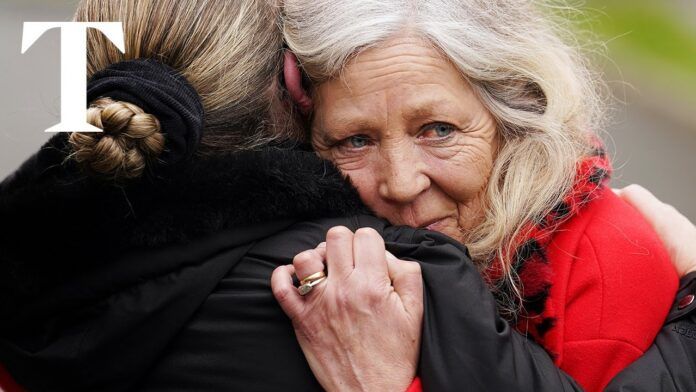In a historic verdict, a Dublin jury has determined that the tragic Stardust nightclub fire, which claimed 48 lives, was due to an electrical fault and resulted in unlawful killings
In a landmark decision, the Dublin District Coroner’s Court has concluded that the deaths of 48 individuals in the 1981 Stardust nightclub fire were the result of unlawful killing. This verdict comes after one of Ireland’s longest inquests, triggered by a fresh investigation into the disaster that began last year.
The fire, which occurred in the early hours of Valentine’s Day in 1981, is marked as Ireland’s deadliest fire disaster. On that fateful night, the Stardust nightclub in Artane, north Dublin, was filled with approximately 800 people, celebrating at a disco. The tragedy not only resulted in the deaths of 48 young people but also left over 200 injured.
Recent investigations have identified an electrical fault in an airing cupboard as the ignition source. The jury, consisting of seven women and five men, deliberated for 11 days before reaching their verdict, indicating that multiple safety failures contributed significantly to the catastrophic outcome. These included inadequate emergency lighting, lack of staff preparedness, and highly flammable materials within the club’s decor which exacerbated the fire’s spread.
Emotions ran high in the courtroom as the verdict was read. Many families of the victims, who have awaited justice for over four decades, expressed both relief and profound grief. Some stood and applauded the decision, while others were moved to tears, embracing one another in a poignant display of long-awaited validation for their years of suffering and advocacy.
Maurice Frazer, who lost his sister Thelma in the fire, shared his enduring pain and the emotional toll the disaster has inflicted on the families affected. He highlighted the injustice of the initial findings which inaccurately suggested arson, a claim that was only formally retracted in 2009, leaving a stigma on the victims for nearly three decades.
Antoinette Keegan, who survived the fire but lost her two sisters, Mary and Martina, described the day’s outcome as overwhelming but essential for acknowledging the truth and beginning the healing process. She, along with other survivors and family members, has called for a meaningful public apology from the Irish state, emphasizing that while the verdict provides some closure, the deep scars left by the tragedy remain.
The verdict marks a significant moment in Irish history, underscoring the need for rigorous safety regulations and the importance of accountability in preventing such tragedies in the future. As the community reflects on the painful past, there is a collective hope for justice and measures that ensure such a disaster never occurs again.
